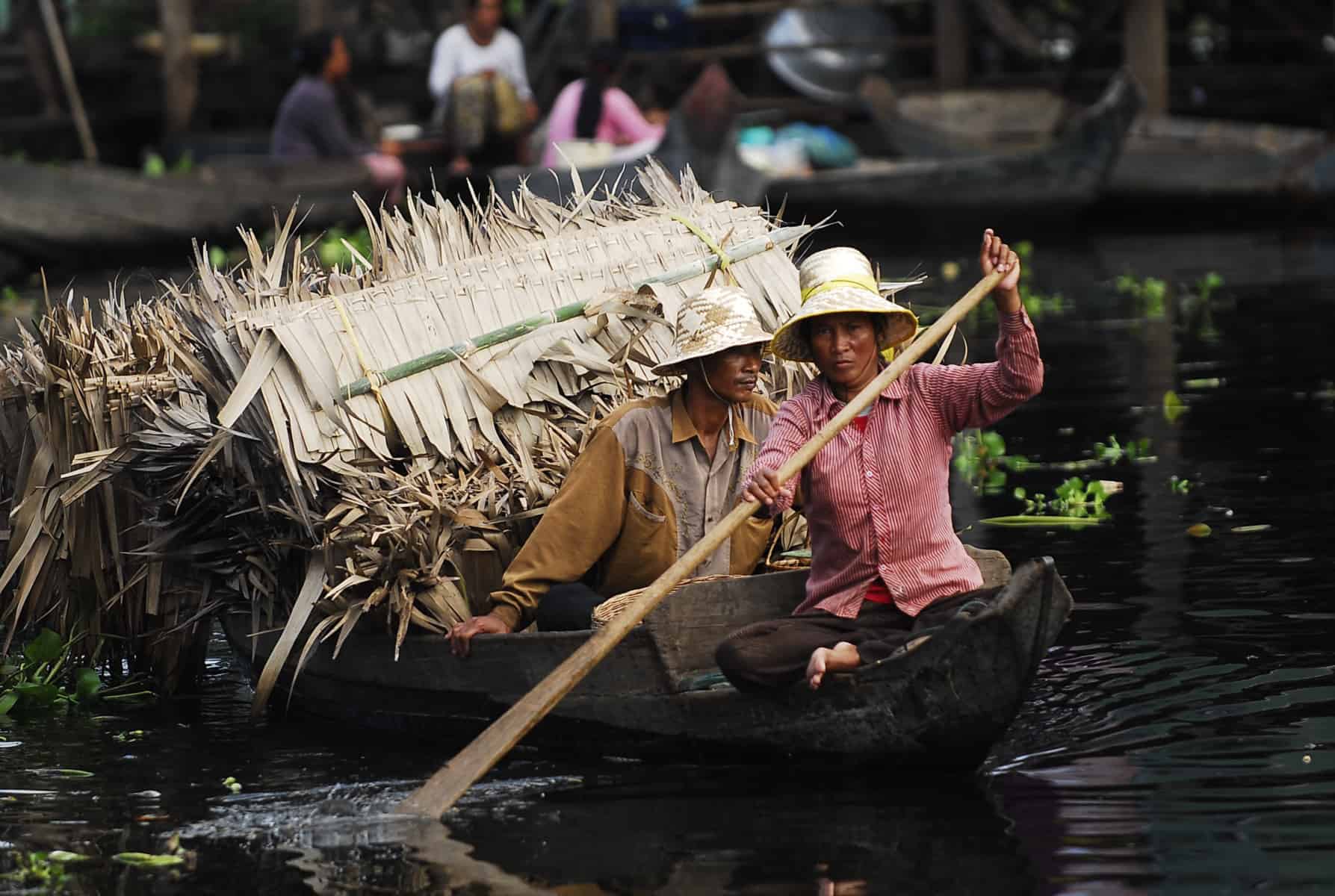Image: Family cruising along the Tonle Sap Lake in Kampong Phluk, Siem Reap Province, Cambodia, Asian Development Bank.
How can a gendered understanding of power and politics make development work more effective? Many development programs tend to look at gender issues and politics separately. Through a series of case studies, this research asks what we can learn from more integrated approaches.
A briefing note highlights five key lessons that emerge from the research. The GAPP publications series also includes:
- a briefing note
- a summary of development programs that seek to be gender aware and engage with power and politics
- three in-depth studies that examine how gender and politics came together in social change processes:
- 14 short case studies of development programs that aim to be both politically informed and gender aware, and a synthesis of their key insights. These are:
- Care Australia: Tackling Poverty and Gender Inequality
- MAMPU: Australia-Indonesia Partnership for Gender Equality and Women’s Empowerment
- Pacific Leadership Program: Advocacy for CEDAW in Tonga
- Peace Leadership Programme: Women’s Leadership in Myanmar
- Gender and Climate Change Research in Bangladesh
- UN Women: Empowerment in the Asia Pacific
- Voices for Change: Women’s Empowerment in Nigeria
- We Can: Campaign on Violence Against Women
- Women in Leadership Support Program: Political Representation in the Pacific
- Empowerment, Voice and Accountability for Better Health and Nutrition in Pakistan
- Mobilising for Development: Accountability for Better Services in Nigeria,
- Sudokkho: Skills and Employment in Bangladesh
- The Enabling State Programme, Nepal
- The State Accountability and Voice Initiative in Nigeria.
See the team’s guest post introducing GAPP findings on From Poverty to Power: How can a gendered understanding of power and politics make development work more effective? (13 February 2018)
GAPP is supported by the Australian Government through the Department of Foreign Affairs and Trade’s Gender Equality Fund and DFAT’s partnership with The Asia Foundation.























